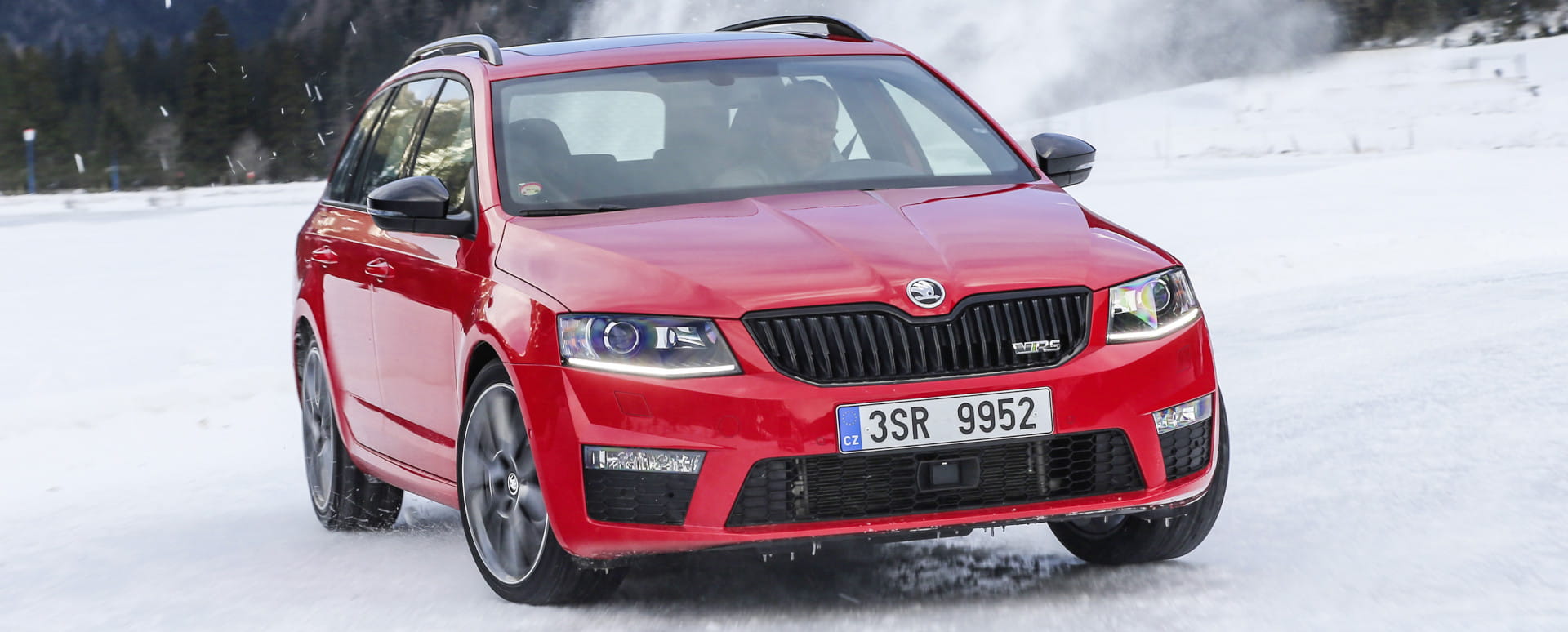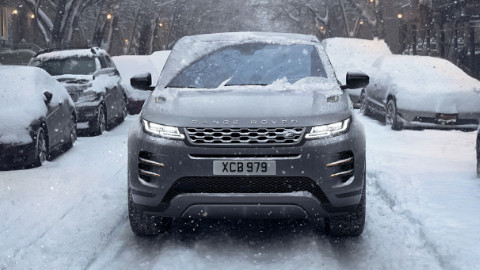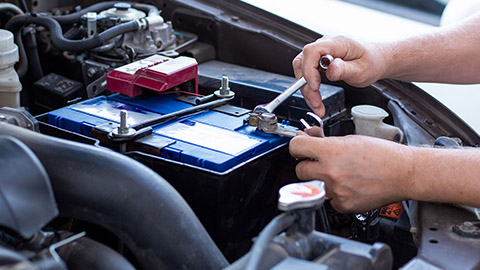Driving Myths - Beat the Winter Weather
28th Oct 2021
By Edward Cook
Useful information or false belief?
Icy roads, flurries of snow and frozen car windows are often a common sight during the winter months in the UK. With these conditions come a number of questions that often leave many scratching their heads.
'Can I drive in wellies?', 'how do I defrost my windscreen?' and 'do I need to let my car warm up before driving?' are just some of the commonly asked questions when the winter months roll around. But a significant number of motorists have been caught out by incorrect answers to these queries that cause more harm than good.
But how do you tell the difference between useful information and false beliefs? Well, we've debunked the top 10 winter driving myths to determine fact from fiction, allowing you to prepare your car for driving in winter conditions.
Engines need a few minutes to warm up in cold weather
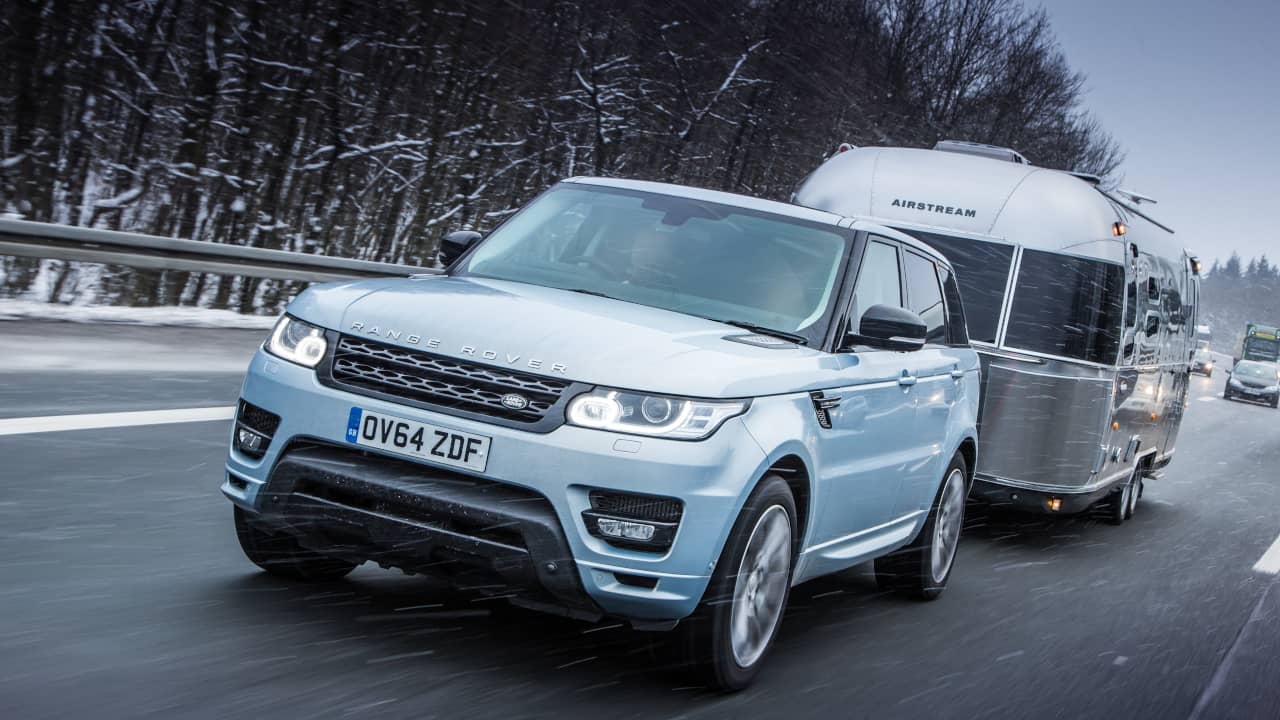
When cold, the carburettor found it more difficult to determine the required mix, causing the engine to stutter until it was warm and the correct mix could be supplied. Nowadays, modern technology has widely replaced carburettors in the form of electronic fuel injection.
Electronic fuel injection allows for sensors to measure the external conditions and adjust the mix of air and fuel when required, meaning a 30 second wait before driving should be enough time for your engine to adjust to conditions. The best way to warm your engine is by gently driving it until it's up to optimal temperature.
It's illegal to drive in winter boots or wellies
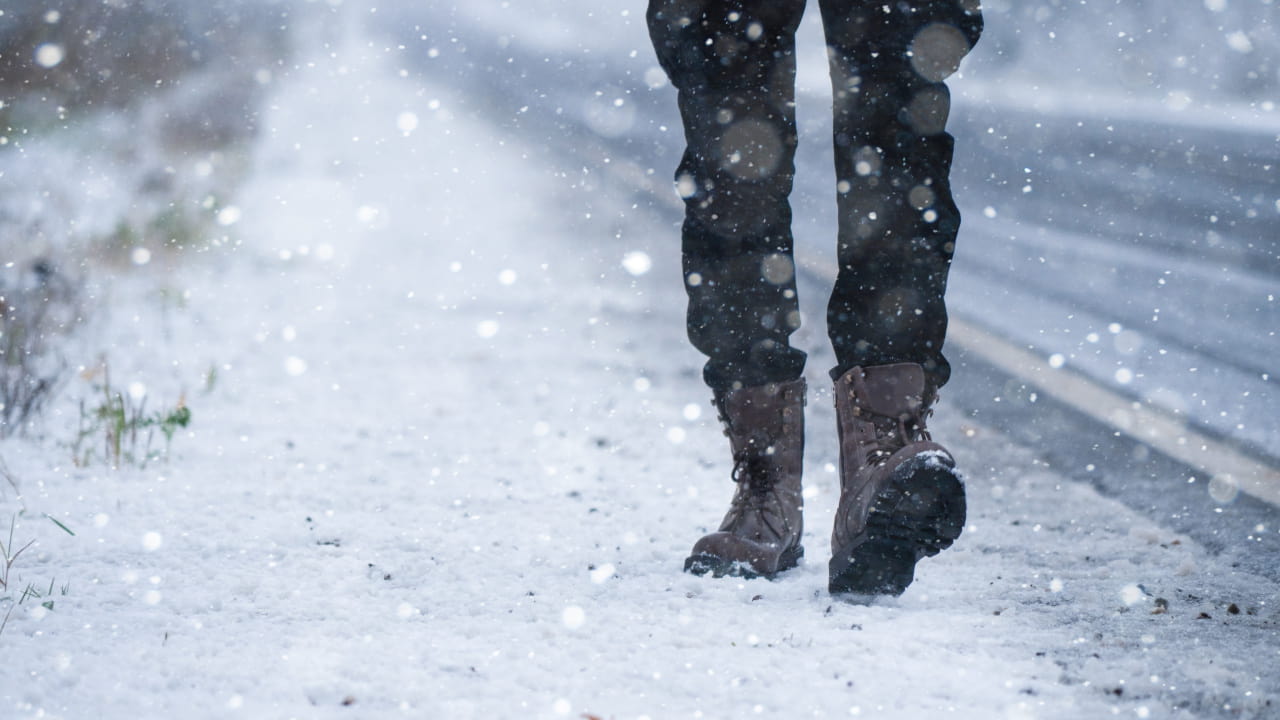
But be prepared to prove this to a police officer if stopped, as they may question your choice of footwear if they believe it's causing safety risks to yourself or other road users.
Whilst not illegal, wellington boots (better known as wellies) or other forms of winter boots, can often be bulkier giving you less feel through the pedals of a car. We'd recommend keeping a spare pair of 'driving shoes' in the boot of your car to swap to when travelling. It also reduces the chance of your car getting dirty from muddy boots, too.
You don't need to clear snow off of your roof
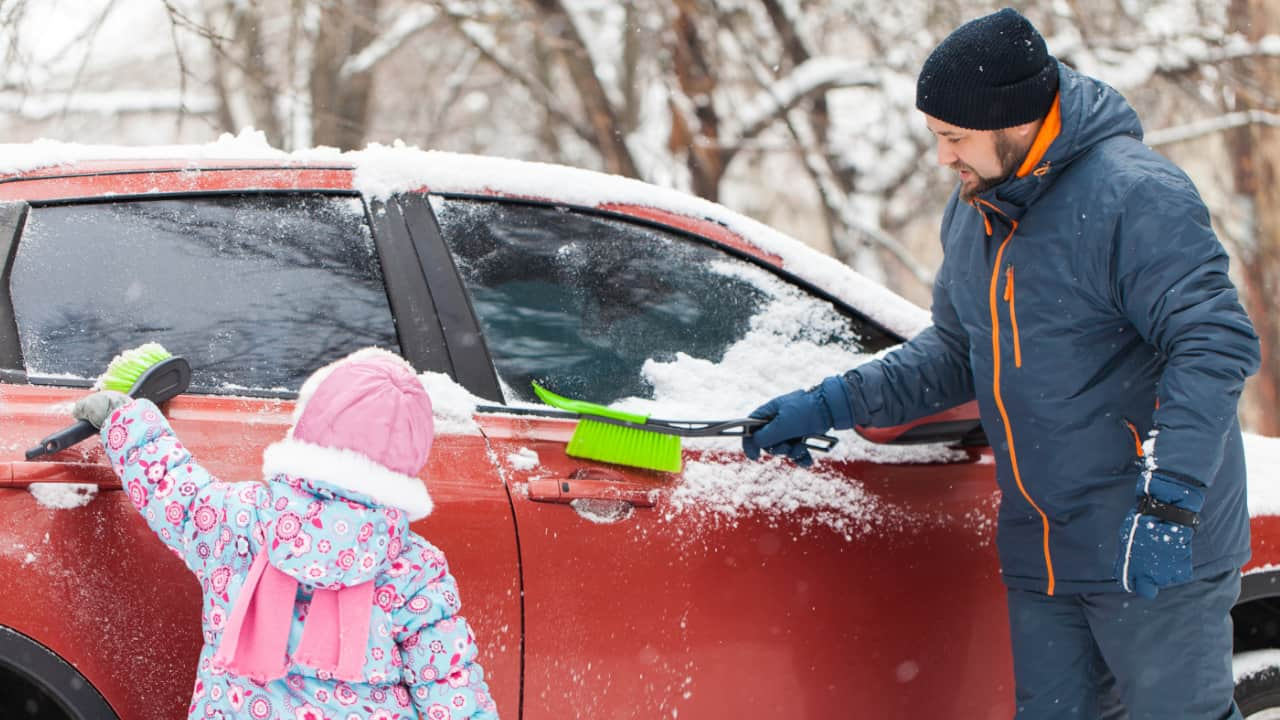
Whilst snow on your roof doesn't necessarily affect your vision or how you drive, it can cause significant problems for those travelling in your trail. As you drive, the snow will fall off and can affect the visibility of following drivers. It also has a habit of falling off in larger chunks - when travelling at high speed, this can cause accidents and a lot of damage.
There's no specific law for driving with snow on your roof, but you may be charged for offences such as 'driving without due consideration'. To us, a couple of minutes in the morning clearing our roof is worth it, if it reduces the risks for other road users.
You can be fined for leaving your engine running unattended
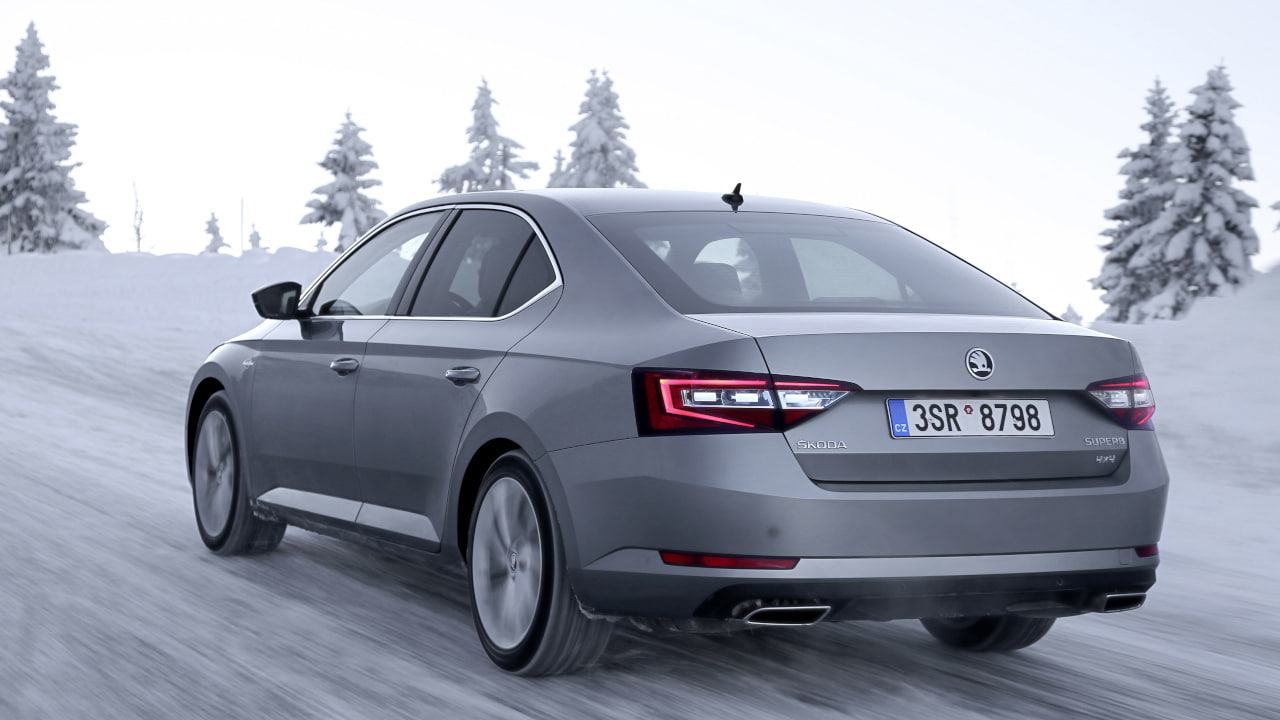
The justification for this is that you're allowing your car to warm up, but this is unneeded for the vast majority of modern vehicles, as previously mentioned. Insurance companies may also refuse to pay out if the car is stolen when left running and unattended.
If that's not enough to convince you, leaving your car to idle in the morning can waste a significant amount of fuel and have negative effects on the environment. If you insist on warming your car before driving, it's best to stay with the vehicle to avoid being fined, even if it's a bit chilly.
Insurers will pay out if an accident is caused by snow and ice
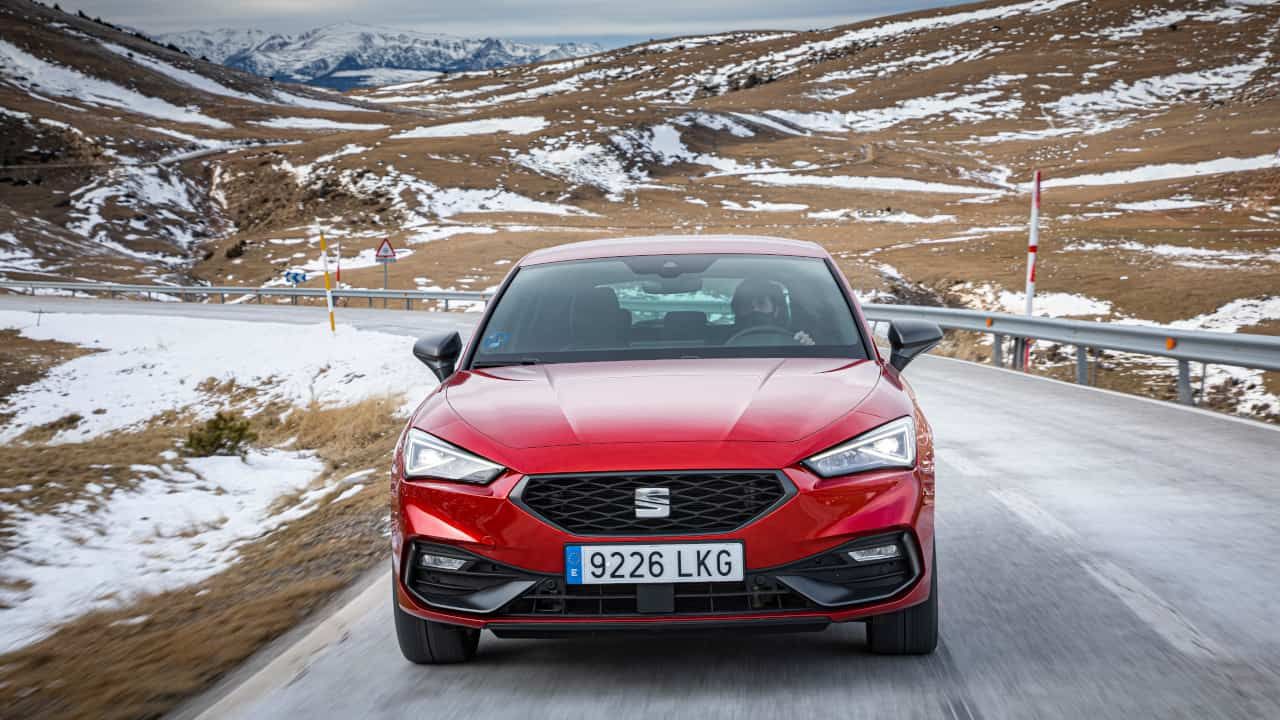
But insurance companies may refuse to pay out if they have evidence of dangerous or inappropriate driving as the cause of the crash. If you aren't driving suitably to the road's conditions you risk having to settle the bill for repairs yourself. It's worth clarifying your agreement with your insurance company to understand how they settle each claim.
When conditions are poor, it's advisable to drive only when necessary to avoid the risk of having a RTC. If required, take your time and drive in a safe manner to ensure the safety of yourself and other road users.
Using hot water to defrost your windscreen can cause it to crack
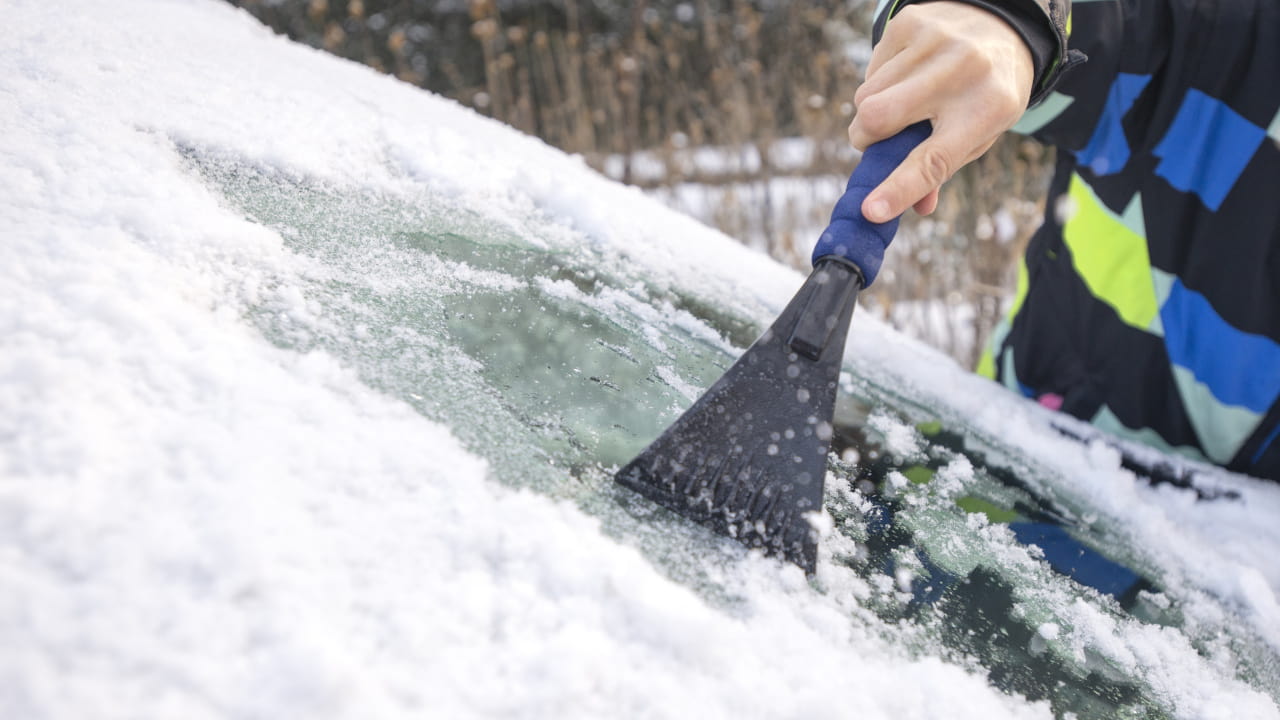
A rapid change in temperature causes the glass to expand and retract quickly, causing cracks to potentially emerge in the windscreen, especially when deformities such as stone chips are present. Even warm or tepid water has its risks, as even the smallest change in temperature can have catastrophic consequences.
The safest way to defrost your windscreen is by relying on the car's heat from the engine and air conditioning to gradually melt the ice before driving. Plenty of new and used cars now come with features such as heated windscreens to reduce the time it takes for ice to defrost.
Deflating your tyres results in better traction
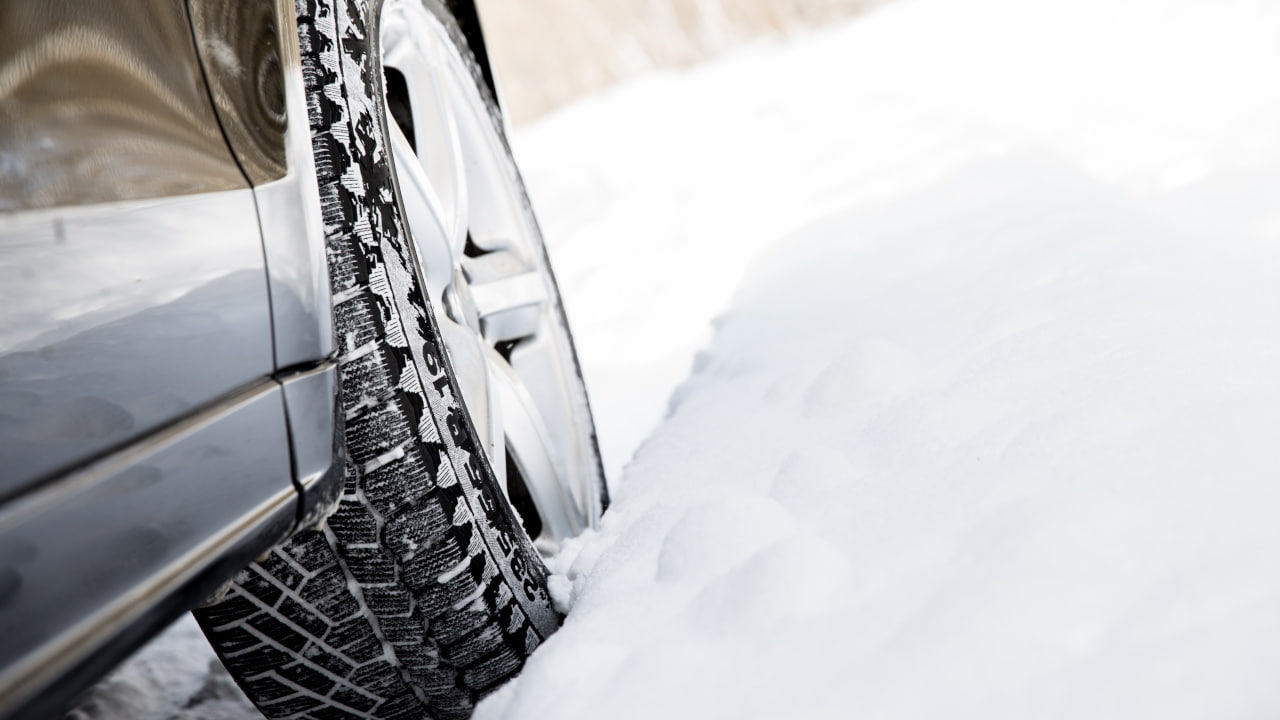
Deflating your tyres does not generate more traction. Instead, you run the risk of uneven wear when driving, which could result in major failures while out on the road. The best advice is to stick to the manufacturers recommended tyre pressures, which is usually found on the door sill of modern vehicles.
Driving in a suitable manner is also a highly-effective way of reducing the risks of sliding and skidding, so slow down and take your time where required, your safety is the priority. Investing in winter tyres is also advisable in adverse weather conditions or if you live where the gritters don't go.
Driving with a dirty number plate is illegal
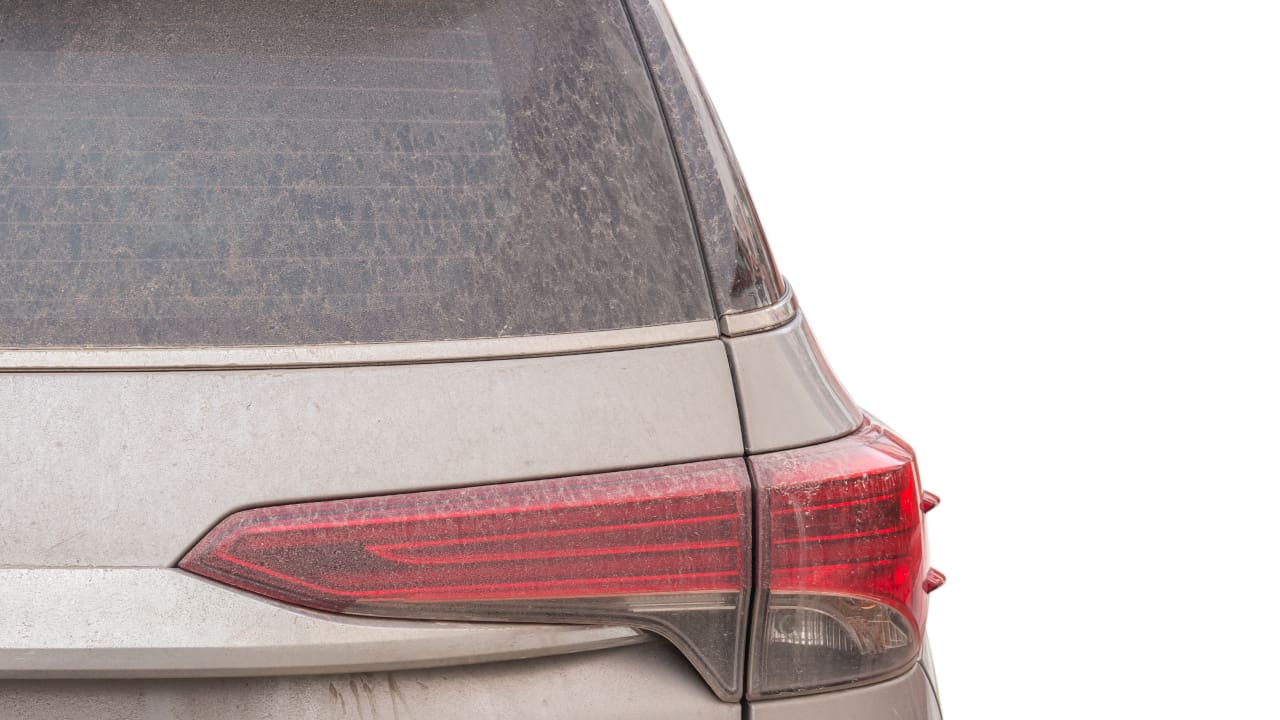
Number plates are important as they allow other road users to identify vehicles and the police to know if your car is registered. If the police cannot identify your vehicle due to the number plate being dirty, you run the risk of receiving a fine of up to £1,000.
Cleaning your car during the winter months is not only worthwhile to avoid receiving a fine, it can also prolong the life of your vehicle. Road salt is the main cause of corrosion on vehicles, so giving your car a regular wash reduces the risk of corrosion and also makes your car look squeaky clean.
You have to carry an emergency winter kit by law

Winter conditions can have unexpected results on not only your vehicle, but also traffic and road conditions. The thought of being stranded due to snow is not a pleasant one, but the tools that come with an emergency winter kit can often be a life-saver. Literally.
High-vis vests, emergency breakdown triangles and a snow shovel are just some of the bits of equipment that allow other road users to spot you in the dark or for you to free yourself from the snow. At the very least you should ensure you have warm clothing and a fully-charged mobile phone to hand allowing you to be prepared for an emergency or breakdown.
Fuel economy is worse during the winter months
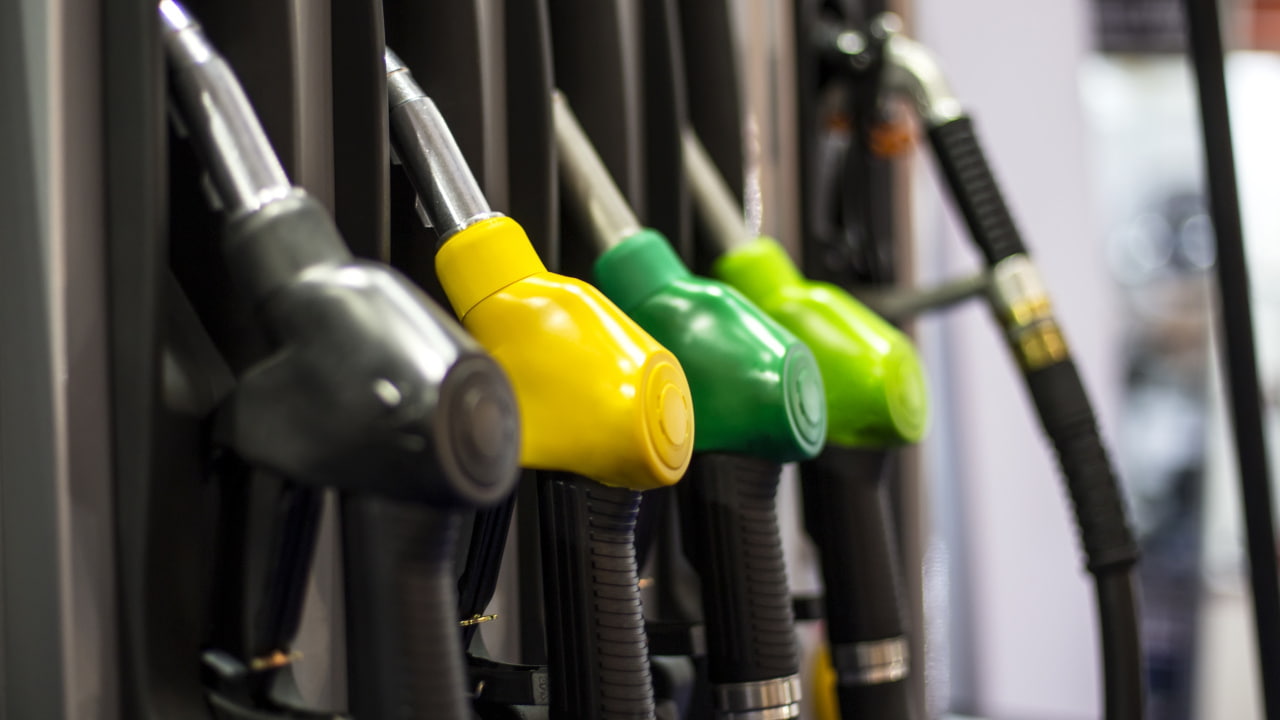
Unless you can keep your car tucked up in a nice, warm garage overnight, there's not a great deal you can do about it, unfortunately. Avoiding frequent, short trips is one way of saving fuel, as well as clearing your windscreen manually using an ice scraper instead of using the car's air conditioning and engine heat.
It's best to ensure you have more than enough fuel for your journey as no one wants to run out of fuel and be left stranded on a cold, winter's night.
Get your car ready for winter
Driving in winter has its own set of challenges, but not knowing the correct procedures or ways to combat the cold can leave you with expensive consequences such as fines or windscreen repair bills. Hopefully, by debunking some of the most common winter driving myths, we've helped you avoid falling victim to one of these common mistakes.
For peace of mind and assurance, your nearest Evans Halshaw dealership offer a free vehicle health check, allowing your vehicle to be thoroughly inspected to ensure it's winter-ready.

